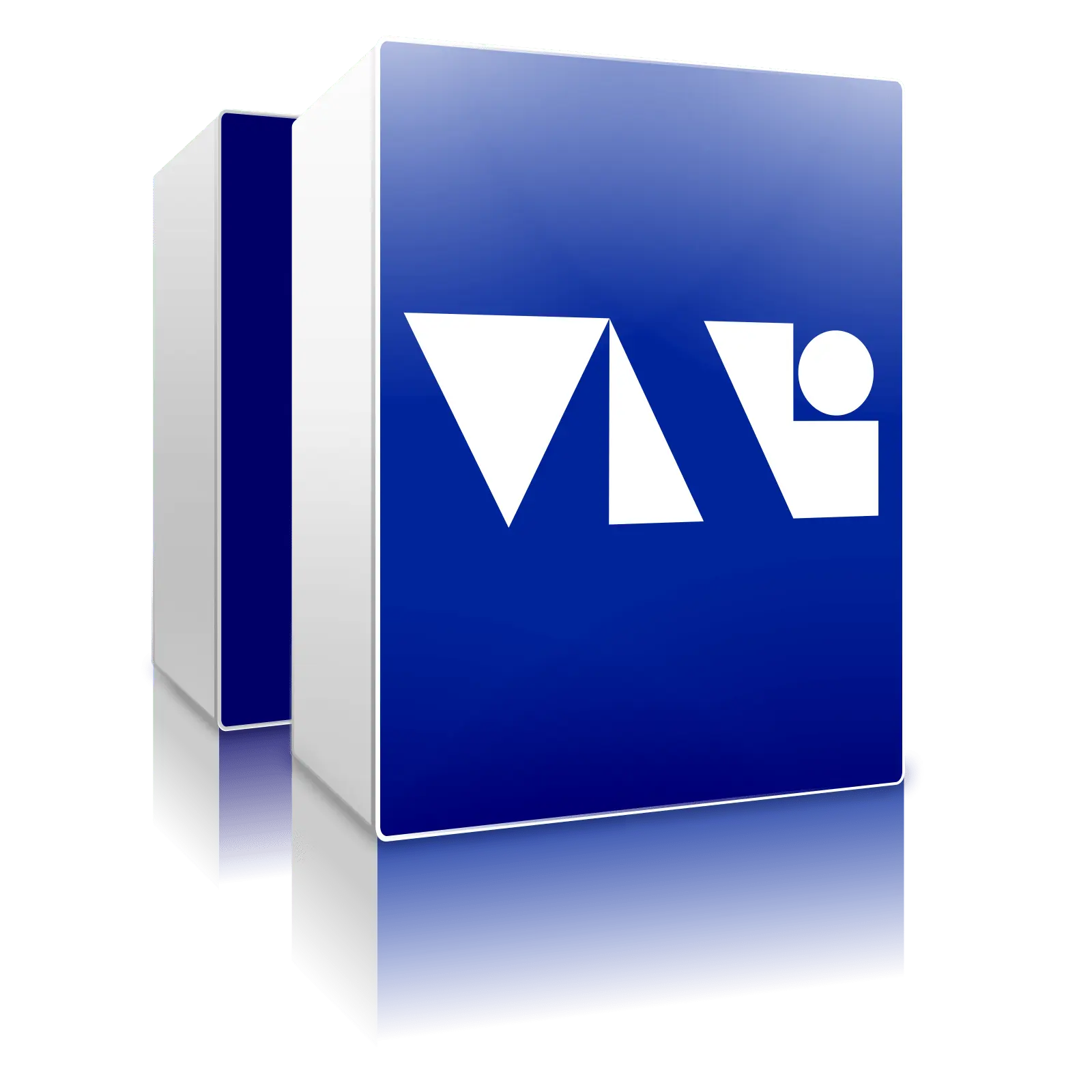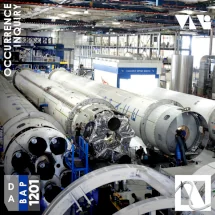Occurrence Inquiry Practitioner
Methodology
Think Occurrence Inquiry
An objective of any occurrence inquiry journey is the collection and preparation of the intelligence needed to respond justly and the acquisition of the knowledge required to be able to do it. Individuals, leaders and managers use collaboration as the basis for finding solutions to their challenges that lays the foundation for making sound and ethical decisions to meet their and their organisations' strategic aims and objectives.
Credentialing for Occurrence Inquiry
Practitioner Guidance Essentials: Occurrence Inquiry
This designation is certified by EduNomix™ and acknowledged as a formal occupation by the ASCHP, a SAQA recognised professional body for supportive counsellors and holistic practitioners (ID 684). Practitioner-Specific Modules allow you to continue your journey as a practitioner, provided that the Generic Modules have been obtained. The Occurrence Inquiry specialisation is the go-to source for future-thinking practitioners interested in developing impartial and just competencies. The Occurrence Inquiry specialisation modules are:
Specific Practitioner Modules
Specific Practitioner Modules
Description of the specialisation Practitioner Modules and includes:
Occurrence Inquiry in the Organisational Context
Organisations are not isolated and therefore occurrences, investigation practices and outcomes of these occurrences have an impact on the perceived admiration of the organisation. The intensity with which leaders engage amid these happenings and be responsible for innovative ways to solve them is detrimental to the organisation’s endurance. A system is universally defined as a group of interacting units or elements that have a common purpose. The units or elements of a system can be cogs, wires, people, documents, computers, etc. Systems are generally classified as open systems and closed systems and they can appear, among others, as mechanical, biological, electronic or social systems.
Specific Practitioner Module:
Occurrence Inquiry in the Organisational Context
Specific Practitioner Module:
Occurrence Inquiry Team
An Occurrence Inquiry Team is a group of occurrence investigators whom all have the aim to establish and resolve the causes that led to an unwanted event. Occurrence investigators interact with each other and contribute to team performance through their relationships with other team members and stakeholders. The way in which investigation teams materialise what constitutes work and possibilities to improve the productivity and efficiency of the team become important now. To be able to achieve this, teams nowadays have to succeed in utilising other than the traditional methods such as grasping the interrelatedness and interdependence between the happenings of the challenge at hand and finding innovative ways to solve them.
Specific Practitioner Module:
Occurrence Inquiry Team
Specific Practitioner Module:
Occurrence Inquiry & Remedial Actions
Occurrence Inquiry & Remedial Actions
Occurrence Inquiry Assessment
Occurrence Inquiry Assessment provides an overview of the mechanisms needed to measure righteousness as an attribute and the distinction between just cultures and guiding justly. Learners discover the essentials of holistic fairness assessment and gain insight into the measurability of just cultures.
Specific Practitioner Module:
Occurrence Inquiry Assessment
Specific Practitioner Module:
Applied Occurrence Inquiry
Applied Occurrence Inquiry
Comparative Credit Value
| Module | Comparative Credit Value |
| Occurrence Inquiry in the Organisational Context | 10 |
| Occurrence Investigator | 10 |
| Occurrence Inquiry Team | 10 |
| Occurrence Inquiry & Remedial Actions | 10 |
| Occurrence Inquiry Assessment | 10 |
| Applied Occurrence Inquiry | 10 |
| Subtotal (Specific Practitioner Modules) | 60 |
| The Core Practitioner Modules | 70 |
| Total (Comparative Credit Value) | 130 |
Note: Comparative Credit Value refers to notional hours

Occurrence Inquiry
Practitioner Essentials
Credentialing made simple with VNI Consultants.
Brought to you by Nomix™ & xlusive BluAgile® Methodology.
Schedule your free info session
Schedule your free info session
Apply
Apply Now
Kindly submit your details in the form to access your product brochure, and or schedule an appointment to engage with one of our Collaborateurs - follow the ENGAGE link above to set-up an appointment with a Nomix™ Collaborateur.
